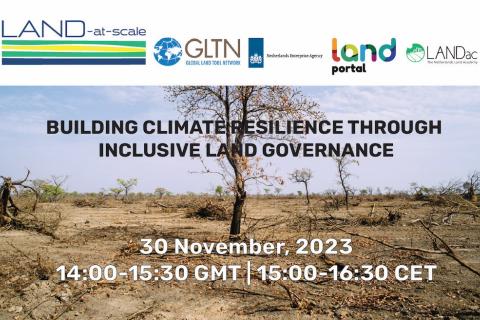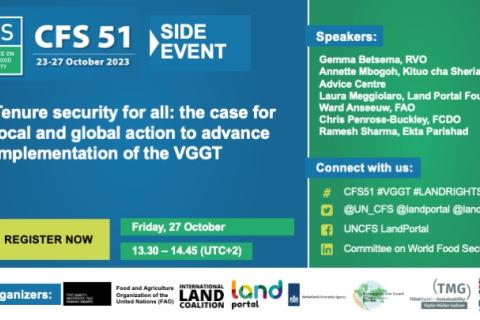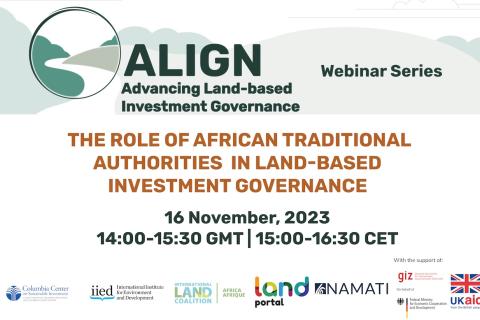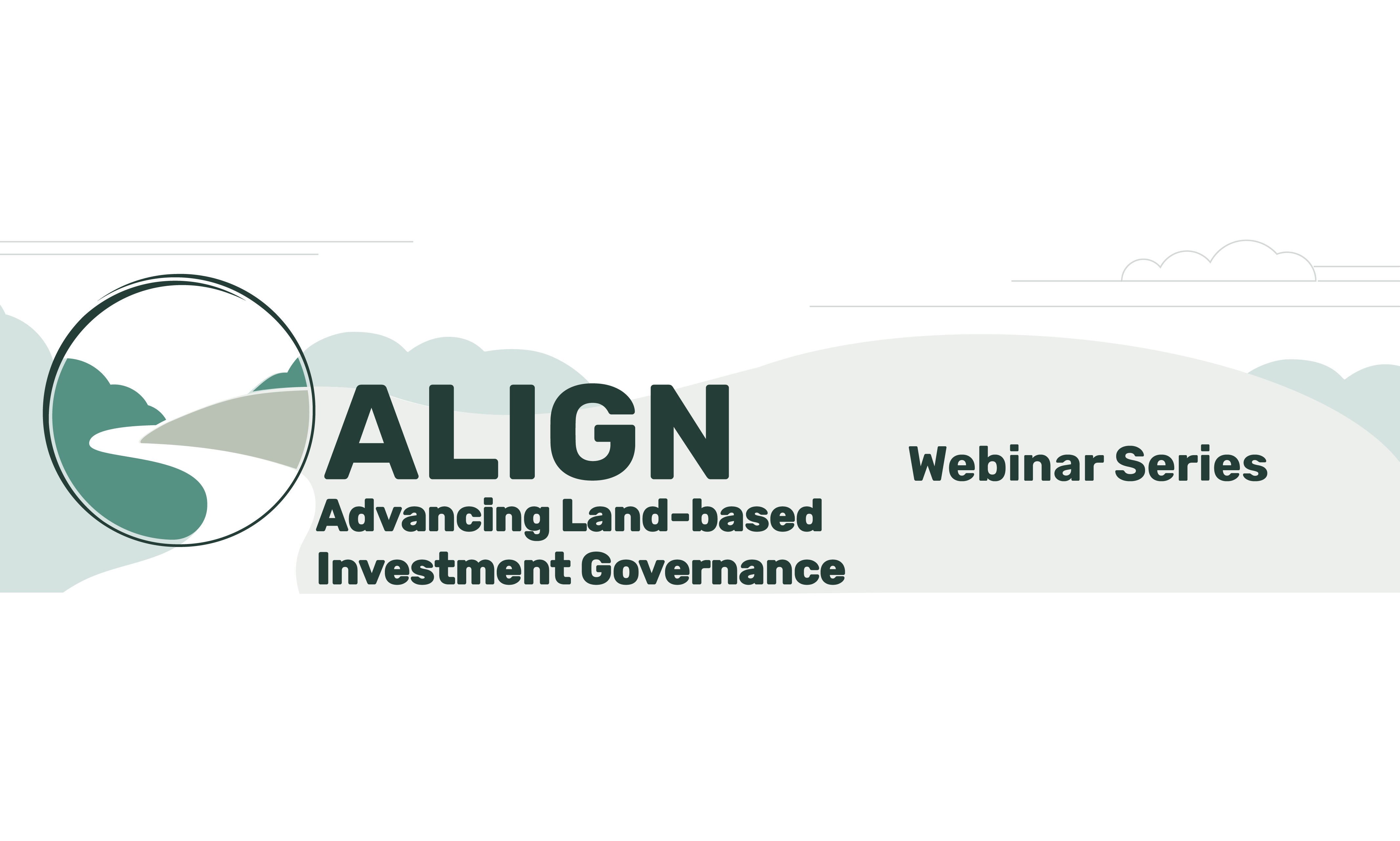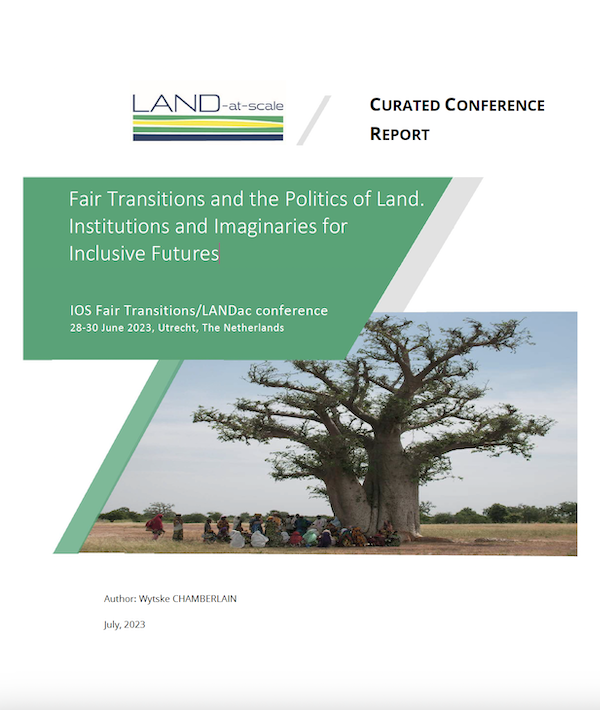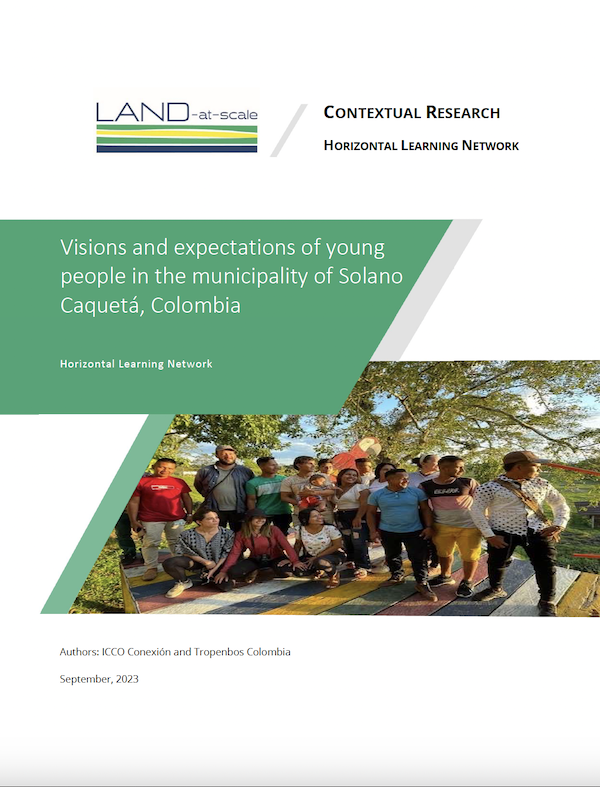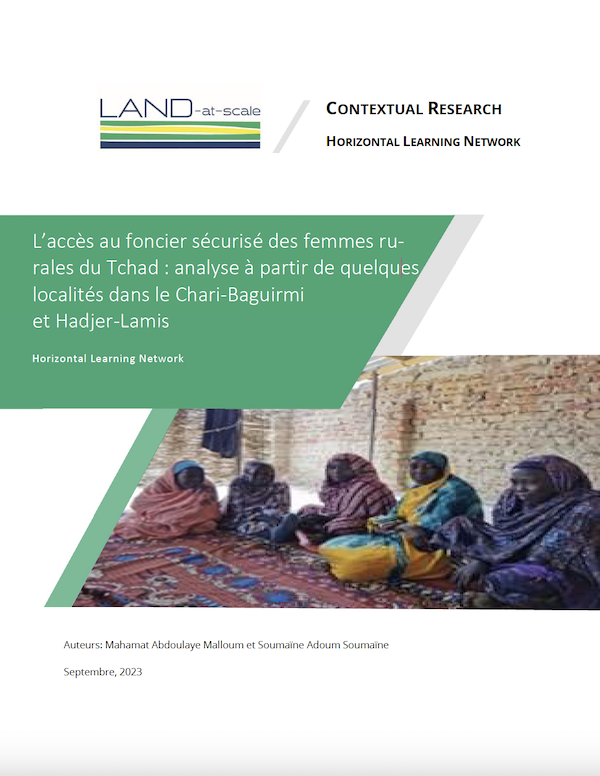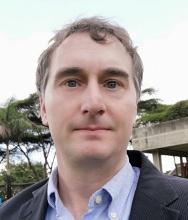
Topics and Regions
Neil Sorensen joined the Land Portal as its Communications Specialist in October 2015. He has extensive experience leading communications for international organizations and developing relationships with civil society, donors, intergovernmental agencies, the media and the private sector. Previously, Neil worked for the International Fund for Agriculture Development (IFAD) as a Governing Bodies Officer and Strategic Adviser to the Secretary of IFAD. He has also led communications for three international organizations, including the International Land Coalition, the International Federation of Agricultural Producers (IFAP) and the International Federation of Organic Agriculture Movements (IFOAM). He holds a Master’s degree in Global Diplomacy from the University of London School of Oriental and African Studies (SOAS) as well as a Bachelor’s degree with a double major in German and Sociology from St. Cloud State University.
Details
Location
Contributions
Displaying 131 - 140 of 1156Building Climate Resilience through Inclusive Land Governance
On the opening day of #COP28, we hosted a thought-provoking webinar that delved into the intricate relationship between land governance and climate resilience, a critical area of immense importance in the context of global climate challenges and sustainable land use practices. This event aimed to unpack the crucial role of inclusive land governance in building climate resilience.
Forum of Struggles for Land and Natural Resources
Tenure security for all: the case for local and global action to advance implementation of the VGGT
This event will bring together a wide range of CFS actors to present the case for more coordinated global action to advance tenure security. It will present proposals for a multistakeholder global campaign and draft Framework for Action. It will show how a focus on human rights compliance in land governance through systematic monitoring and policy dialogue can promote VGGT implementation and increase accountability.
The role of African traditional authorities in land-based investment governance
By examining the landscapes of multiple African countries, we will unearth the myriad experiences of traditional leaders, emphasizing the variances in their legislative authority and the weight of their word. By drawing upon actual case studies, the discourse will underscore potential friction areas between traditional leaders, governmental entities, and local populace, especially when the spotlight turns to the management of land based investments within ancestral domains.
Advancing Land-based Investment Governance (ALIGN) webinar series
The Advancing Land-based Investment Governance (ALIGN) webinar series focuses on the governance of land-based investments in the Global South. The series explores practical strategies and approaches adopted by rights defenders and practitioners to address common challenges surrounding these investments.
Fair Transitions and the Politics of Land
Questions about how land is governed and controlled in the context of multiple crises are key to debates about fair transitions. The energy transition, net-zero ambitions, nature protection, and food system transformation all involve claims on land, water, and forests. How these claims are framed, analysed, and governed, how access to land is organised, and who gets a seat at the table to discuss key decisions are questions of urgent concern from both a fair transitions perspective and a land governance perspective. Key note speaker Prof.
Visions and expectations of young people in the municipality of Solano Caquetá, Colombia
Solano is a municipality located in the department of Caquetá within the deforestation arc of the Colombian Amazon, the second largest municipality in area of the country. Solano can only be reached by river, although there are already several trails that allow to reach the municipal’s capital by car at certain times of the year.
L’accès au foncier sécurisé des femmes rurales du Tchad
L’économie tchadienne, à l’instar de beaucoup de pays d’Afrique subsaharienne, repose fondamentalement sur le secteur primaire (agriculture et élevage) qui fait vivre 80% de la population tchadienne (Kaou, 2002). Dans les zones rurales, sur les 78% de la population active, 53,9% est constitué par des femmes (FAO et CEEAC, 2021). Selon Oxfam et al. (2013), les productrices rurales représentent 40% de la population tchadienne, mais, elles gagnent moins d’argent que les hommes malgré qu’elles investissent plus dans l’alimentation du foyer.
Paralegals and the Protection of Land Rights in the Communities of Manhica and Massingir, Southern Mozambique
The race for the exploitation of natural resources has brought challenges of different natures, including land conflicts, mainly between investors and the local population. In some cases, the resolution of problems has been unfair due to the lack of legal knowledge and representation to help the vulnerable population. It is in this context that the paralegal figure was established, endowed with solid knowledge to voluntarily provide basic legal support to community members.

